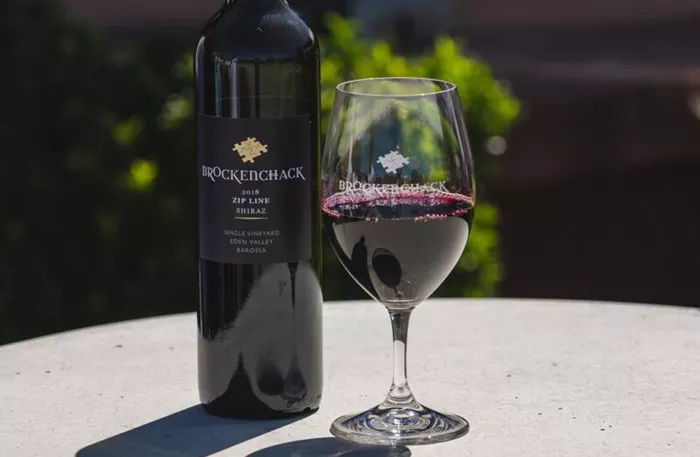Bolle, a premium non-alcoholic sparkling wine, was born from the vision of Roberto Vanin, an Italian winemaker with deep roots in Treviso, Italy—a region renowned for Prosecco. Vanin, who trained as an oenologist and chemist, spent years working in research and development roles with companies like Lucozade, Ribena, and Mars Group. Yet, it was a Dry January challenge three years ago that inspired him to create a high-quality non-alcoholic wine, ultimately leading to the inception of Bolle.
The company’s core mission is to offer a healthier, inclusive alternative to traditional wines. While not advocating for total abstinence from alcohol—since the team itself enjoys wine—Bolle aims to provide a premium option for those who want to moderate their consumption without sacrificing taste or quality.
Innovative Winemaking Process
Bolle’s process stands out for its innovation, particularly the unique technique used to create its non-alcoholic wine. Instead of using additives commonly found in non-alcoholic wines, the process begins with regular wine, which is then delicately de-alcoholized. Afterward, the wine undergoes a secondary fermentation, where fresh grape juice and yeast are added, recreating the wine’s authentic characteristics without the need for artificial ingredients.
“Much like how Athletic Brewing transformed non-alcoholic beer, we want Bolle to redefine what non-alcoholic wine can be,” says Vanin.
Second Fermentation: A Key Distinction
The second fermentation is integral to Bolle’s quality. This process ensures the wine retains the traditional characteristics that define a premium wine—its appearance, aroma, mouthfeel, flavor, and finish—without the use of sugar or artificial additives. Bolle’s proprietary yeast strain, which produces minimal alcohol during fermentation, is one of the key innovations, with patents secured for both the yeast and the process itself.
Vanin emphasizes the brand’s openness to potential collaborations with other winemakers to expand the non-alcoholic wine sector, aiming to raise the industry standard.
Sourcing Grapes from Spain
Bolle sources its grapes from the La Mancha region of Spain, selected for its ability to withstand the de-alcoholization process while preserving the desired flavor profile. The Blanc de Blancs is crafted with Chardonnay and Silvaner, while the Rosé uses Chardonnay and Pinot Noir. In the future, Bolle plans to expand its offerings with additional varietals from different regions, enriching the brand’s diversity and complexity.
Targeting Wine Enthusiasts and Health-Conscious Consumers
Bolle is designed for wine lovers who appreciate the complexities of traditional wine but seek an alcohol-free alternative. The target market includes individuals aged 30 to 65 who may opt for non-alcoholic wine due to pregnancy, medication restrictions, health concerns, or other personal lifestyle choices.
A Dual Launch Strategy
Bolle was launched simultaneously in the UK and the US, a strategic move to tap into the unique strengths of both markets. The UK, a hub for sparkling wine, offers a solid foundation for brand recognition, while California’s progressive health trends provide an ideal setting for a sophisticated non-alcoholic product. This dual launch aims to establish Bolle’s global presence from the outset, with significant growth expected in both markets.
Funding and Expansion Plans
The brand’s initial fundraising efforts have been successful, raising approximately $1 million from a network of private investors, mostly based in the UK and US. Bolle’s ambitions are clear: to become globally recognized as a producer of the highest-quality non-alcoholic wines and wine-based drinks.
“We are deeply committed to expanding our product range to include still wines, red wines, and even premium Champagne. We also plan to introduce sparkling wine cocktails, offering new, convenient options for consumers,” says Vanin.
The Future of Low and No-Alcohol Wines
Vanin envisions a future where low and no-alcohol wines are as common as their alcoholic counterparts, offering consumers choices based on personal preferences and health considerations. By focusing on enjoyment—through flavor, aroma, and mouthfeel—Bolle aims to normalize non-alcoholic wines as an integral part of the broader wine market.
With a focus on consumer feedback and quality, Bolle is poised to play a significant role in the growing trend of inclusive, health-conscious drinking choices.
“We believe that alcohol in wine is optional, and we are committed to helping the world consume less alcohol while enjoying great-tasting wine,” concludes Vanin.
Related topics


